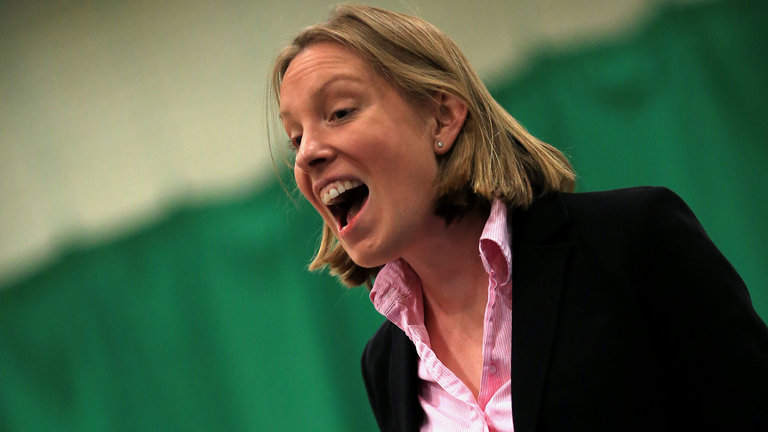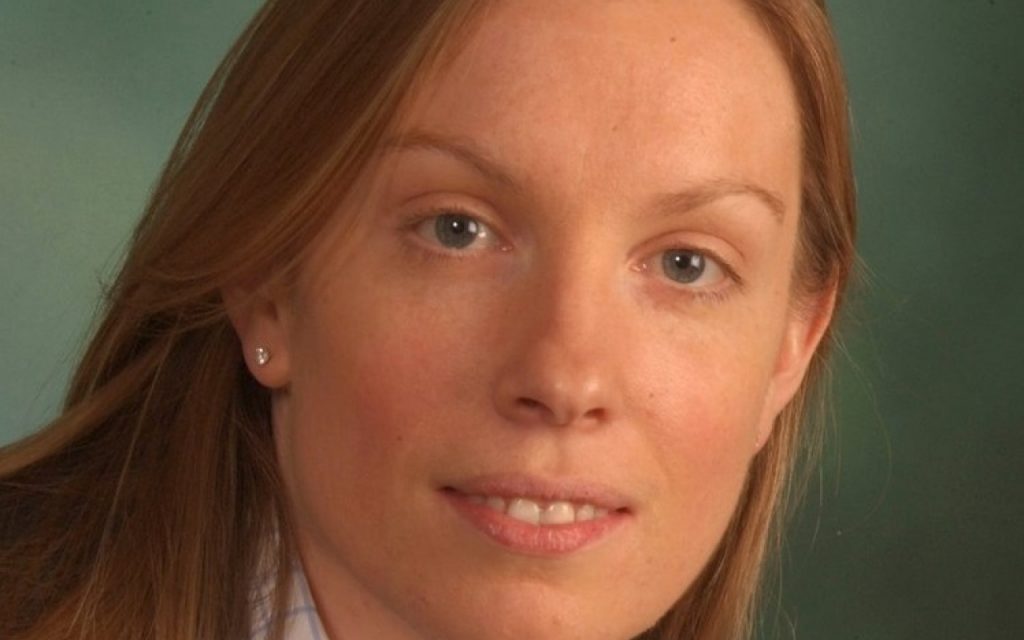Britain has appointed its first ever minister for loneliness after research found that one in 10 people in the U.K. face isolation, a condition that can trigger a range of physical and mental health issues.
“I want to confront this challenge for our society and for all of us to take action to address the loneliness endured by the elderly, by carers, by those who have lost loved ones ― people who have no one to talk to or share their thoughts and experiences with,” May said in a statement.
Crouch, a junior minister for sport and civil society, has vowed to deliver recommendations from the U.K.’s Jo Cox Commision on Loneliness, an organization that works to combat social isolation and loneliness.

But the harmful impact of loneliness is more than psychological. Having weak social connections is considered to be as damaging to one’s health as smoking 15 cigarettes a day, according to Brigham Young University Psychology Professor Julianne Holt Lunstad.
“There is robust evidence that social isolation and loneliness significantly increase risk for premature mortality and the magnitude of the risks exceeds that of many leading health indicators,” Lunstad is quoted as saying in the Jo Cox Commission’s report. “The challenge we now face is what can be done about it.”
Former U.S. Surgeon General Dr. Vivek Murthy has also expressed concern about the effects of loneliness on health. In an article in the Harvard Business Review last year, he wrote that it can be associated “with a greater risk of cardiovascular disease, dementia, depression and anxiety.”
Like in the U.K., Murthy considers loneliness to be a growing health epidemic in the United States, with more than 40 percent of adults there reporting that they feel lonely — though he noted that that number could be even higher.
Among those who are disabled or take care of the disabled, loneliness is particularly stark, research suggests.
More than half of all disabled people in the U.K. experience loneliness, with it being more prominent among younger individuals. Eight out of 10 caregivers have also felt lonely or isolated as a result of looking after a loved one, according to the Jo Cox Commission’s report.
“Many of the barriers to disabled people making friends and meeting people are practical, such as the need for accessible transport and buildings, financial support and appropriate social care,” Richard Kramer, CEO of the U.K. disability charity Sense, told HuffPost UK.
“A lack of understanding and awareness of disability is also a significant obstacle to making connections and forming friendships,” he said.
Read more here about other suggested measures that governments can take to tackle loneliness, according to five organizations that fight it in the U.K.

